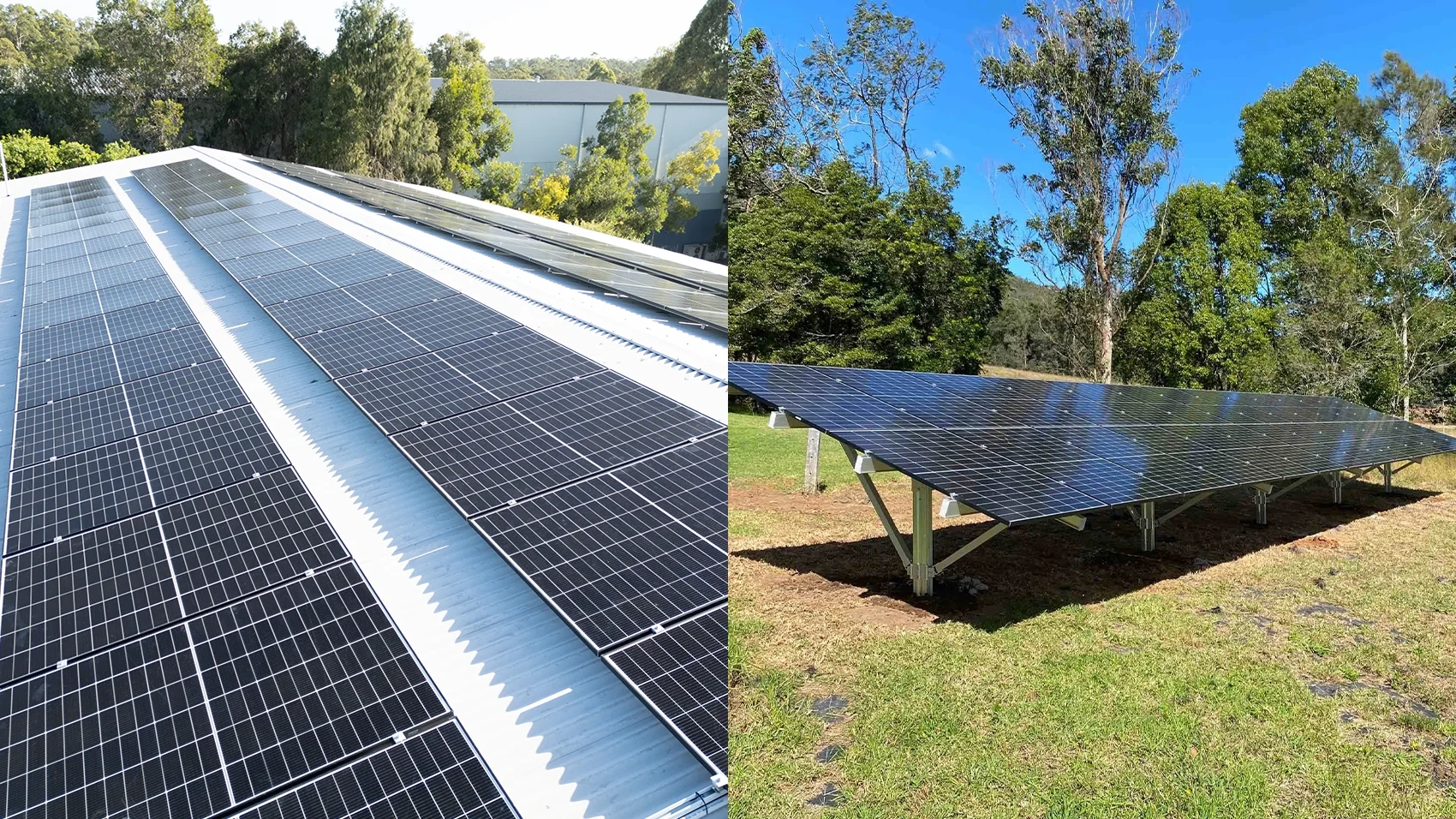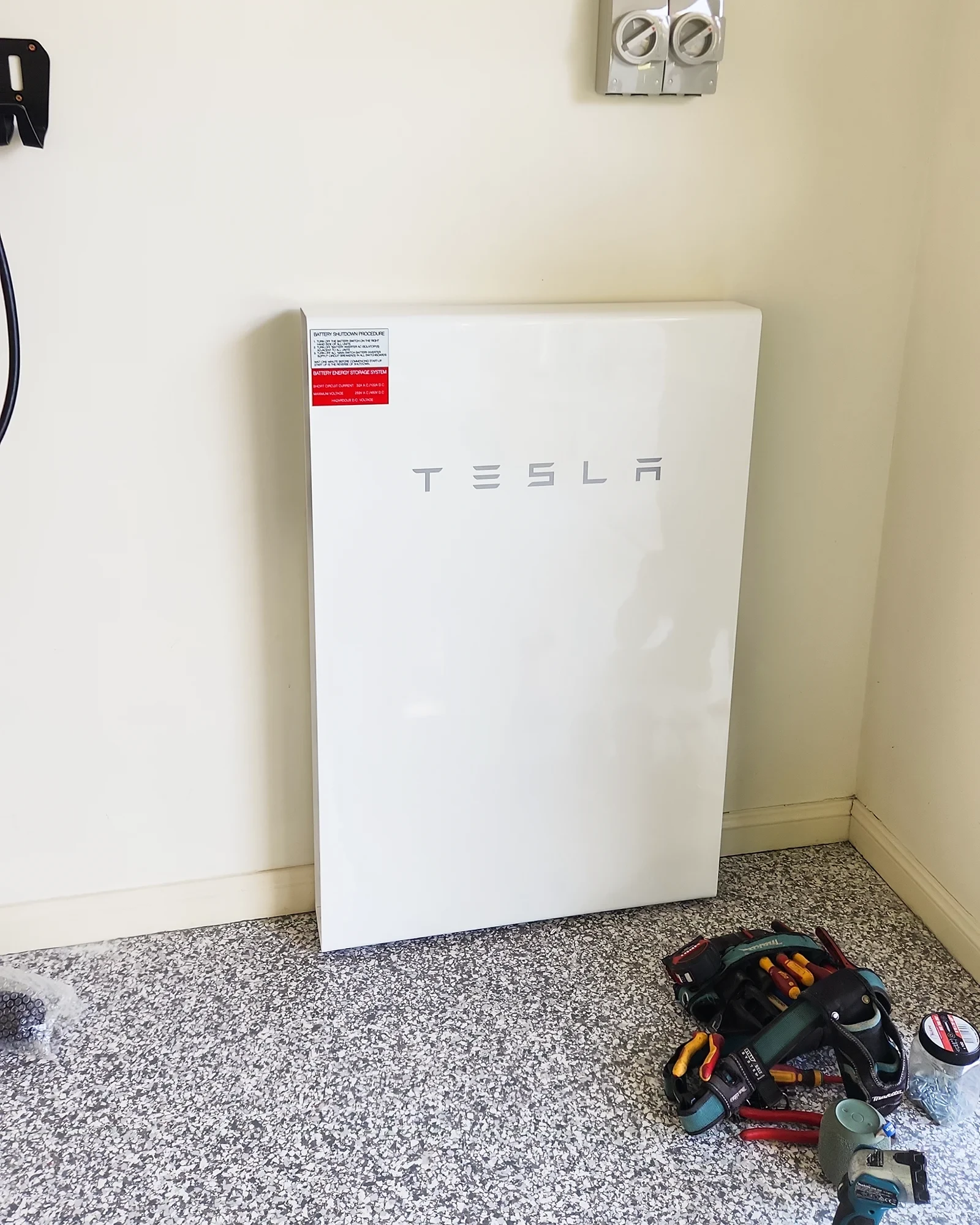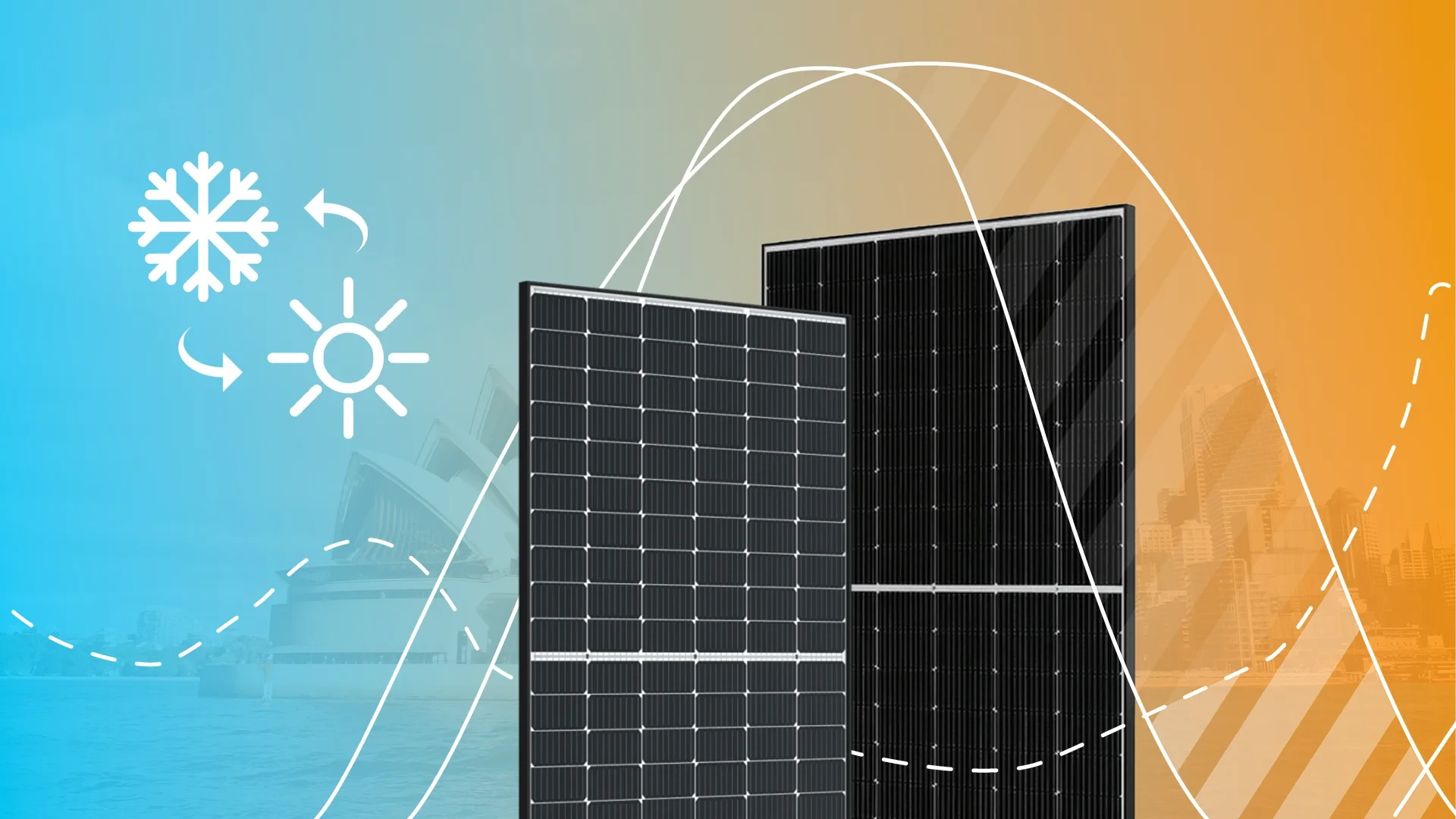The NSW Battery PRDS Incentive is Now Available
The NSW Battery PRDS Incentive is Now Available
Posted 18 Sep
Since 2021, marginal price increases in residential solar systems, largely due to the labour and manufacturing impacts of COVID-19, have
made many homeowners begin to wonder whether residential solar power is worth the investment.
However, trends across the Newcastle and Hunter Region suggest that not only is it a thriving industry, but that the time to uptake solar is
now.
Breaking news - storing energy from the sun poses less impact to the environment than burning combustible sediment. Wow.
We are all aware of the benefits that solar power provides to our environment. However, the true sustainability of our natural surroundings can only be fully realised when changes are made on a large scale.
This is why, as a society, we have set goals for ourselves in order to monitor and reduce our carbon footprint. The City of Newcastle has pledged in its Climate Action Plan to reach Net Zero for its operations by 2030 - effectively meaning that greenhouse gas emotions do not exceed the amount that is naturally being absorbed from the atmosphere by the natural environment.
These goals are centred around a decrease in electricity use, a continued movement toward LED lighting and a reduction of fuel-burning. Many critics claim that these are outlandish goals and unrealistic for the City of Newcastle.
.webp)
One of the biggest impacts a household can have on helping to move our region into Net Zero is by installing Residential solar and thereby adopting clean energy.
Not only does this greatly benefit the environment and aid the goals of our region, but this initiative is supported by government funding…
As part of our government’s initiative towards lowering our country’s greenhouse gas emissions, they have committed to subsidising Residential solar systems to make their purchase more affordable for everyday customers.
The federal Small-scale Technology Certificate (STC) scheme has been providing enormous savings for solar consumers for years, and can
currently provide Residential solar customers up to 25% off a standard solar system price.
Important to note, the federal STC rebate is set up to progressively decline towards 2030, slowly lowering its benefits for Residential solar value. Wise customers have cottoned-on to this trend, resulting in a spike in popularity for new solar systems, customers seeking to make the most of what is currently the most attractive price for the next seven years.
Though it is expected that new schemes of government support for renewable energy will be introduced, time is of the essence for solar
customers under the present structure.

One of the most attractive aspects of Residential solar is the reduced reliance on the grid. The combination of solar power and battery storage can offset large proportions of previously grid-supplied power, and in some cases, can make going off-grid a reality.

Whilst the buy-back schemes of energy providers, providing discounted energy rates for every kilowatt of solar energy produced, makes going off-grid non-essential, it is an attractive option for those who forecast higher and higher energy prices in the future.
Another attractive feature of Residential solar and battery installation is Emergency Power Supply - giving the ability for customers to power their homes through grid blackouts. Battery systems have become so advanced, and innovation is a never-ending process - that the transition from grid-power to battery-power is seamless.
Though battery systems can be costly, an investment in this technology provides Residential customers with complete energy flexibility and prepares them for a future of renewable change.
So why solar? Because, at Elite Power Group, we believe in investing in future generations and empowering communities with electrical and renewable energy solutions. With the combined quality of our installations and the unmistakable benefits of Environmental Care, Government Subsidisation and Energy Independence, the time to invest in an Elite Residential solar system is now.
Sources:
https://newcastle.nsw.gov.au/living/environment/climate-action
https://www.solarchoice.net.au/solar-panels/is-solar-worth-it/
https://www.climatecouncil.org.au/resources/what-does-net-zero-emissions-mean/

Rooftop and ground mounted solar are ways you can add solar to your home.. but which is better? Compare roof vs. ground solar systems and see what's best.

Explore the NSW battery 'rebate' (Peak Demand Reduction Scheme), approved battery brands, pricing, and how you can be eligible to save on your first battery.

Explore the best home solar batteries from 6kWh, 10kWh, and 15kWh energy capacity options. Protect your solar energy in Newcastle & Hunter NSW.

The journey of bidirectional charging in Australia has hit a milestone with the recent approval of the new standard for vehicle-to-grid (V2G) charging for 2025.

Explore how daylight savings and seasonal changes during winter and summer can affect your solar panels performance and solar generation in NSW, Australia.
Leave a Comment